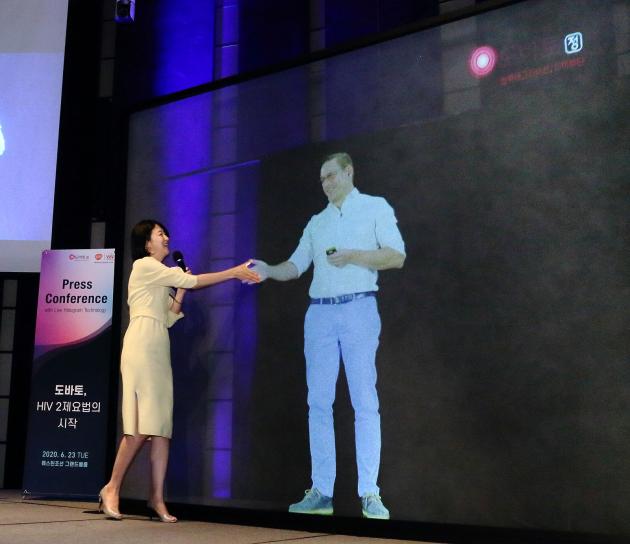More than five months have passed since Korea began battling against the Covid-19 pandemic after confirming its first patient on Jan. 20.

The new coronavirus’ outbreak has forced peoples to adjust to the new normal -- a term that implies that something previously abnormal has become commonplace – it also brought about various changes in the journalistic community.
As a reporter specializing in the medical-pharmaceutical area, the change has been a bit more upfront because the idea of a medical reporter diagnosed with Covid-19 seemed pretty unprofessional for many working in the field.
During the early days of the outbreak, many medical reporters talked about how embarrassing it would be to be diagnosed with the virus. This has led reporters to scale back on non-essential outside activities and focus on news materials necessary for the public. However, it soon turned out that not only journalists but also pharmaceutical companies and their PR people have felt similarly.
Before the virus, it was common for pharmaceutical companies to hold on-site media events for their milestone achievements, such as product launches, extended indications, and expanded insurance benefits for their medicines.
Since the start of the virus, however, companies have started to provide information through an online platform to avoid exposure to the virus.
Despite corporate assurances that an online platform provides a similar level of information and satisfaction to reporters, the initial phase was not without problems.
Most of those problems were resolved over time. For many reporters, however, the online briefing is still hard to adjust. Most complain that the presentation is hard to concentrate as if there were barriers between the speaker and reporters.
Such complaints have made some companies go back to on-site conferences since the virus started to slow down in Korea, and the government eased restrictions from the social distancing system to everyday life quarantine regime in May.
Organizers of such conferences, of course, follow quarantine procedures, such as checking attendees' temperature before entering the briefing and requesting that everyone wear their masks during the presentation.
Some even limit the number of reporters that could attend the meetings and sometimes separated the rooms between the speaker and reporters for further safety. It seemed that such a platform would be the new normal until the virus disappears.
Much of such gloomy predictions were resolved on Tuesday, however. To the reporters' surprise, GSK decided not to be content with the changed format and turned to new methods that combined both on-site and online public activities.

GSK Korea's media conference celebrating the launch of Dovato, an HIV two-drug regimen, summoned their speaker, ViiV Healthcare Medical Director Jean Van Wyk, from its U.K. headquarters through a live hologram.
After the event, many reporters praised the company for using the new technology to circumvent many of the obstacles that spawned from the Covid-19 outbreak and conducted a safe and innovative conference.
"The briefing showed that there were still ways to make media briefings safe, informative, and still eye-catching," a reporter said after the briefing. "The presentation was also far more interactive than showing the speaker up on a regular screen."
Another agreed, saying, “If this is the new normal of future media briefings for pharmaceutical companies, I have no objection.”
The media briefing held by GSK may have shown a glimpse into a new normal that may help usher in modern technology never thought to be used in the field before.
Of course, media briefing is more about providing necessary information to the reporters than putting up a show. Who says there can't be both when there are futuristic technologies involved, however?

